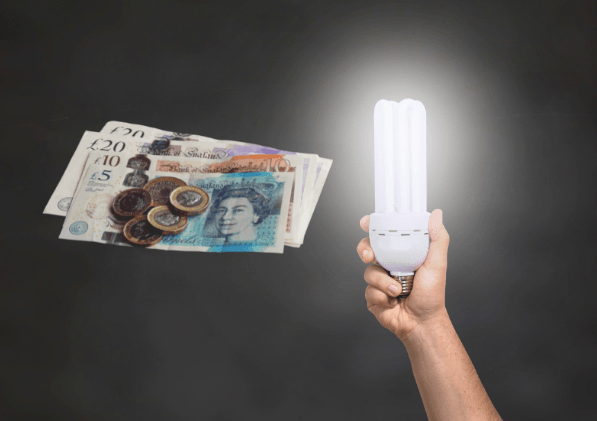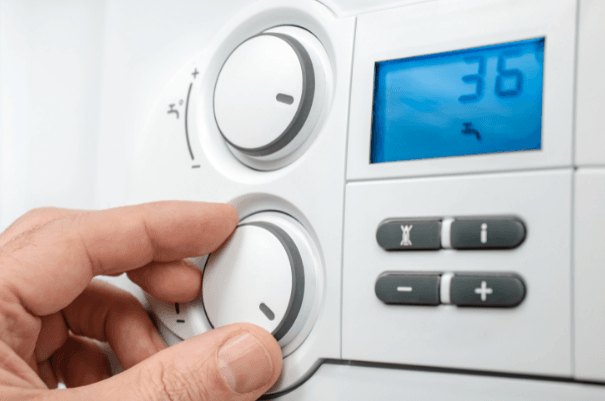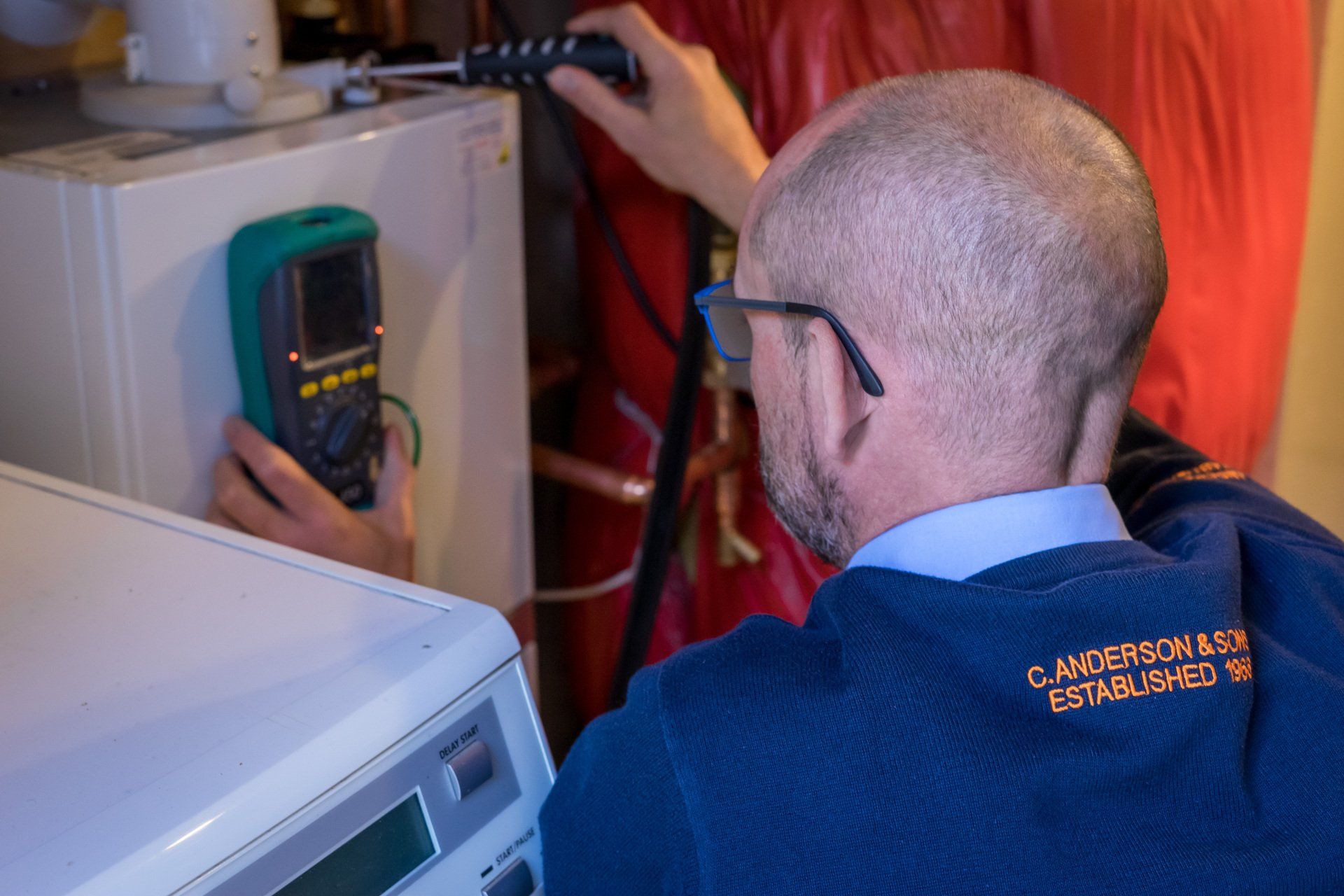6 Energy Saving Tips: How to save money on gas and electricity bills
Energy saving has become a hot topic not only in the UK, but throughout Europe and beyond. Despite the £400 energy grant available to all UK households, according to Forbes the average annual bill will rise from £1,971 to £2,500, meaning you’re still likely to be out of pocket. If you’re wondering how to save energy and money on gas and electricity bills, here are 6 energy saving tips to get you started.
Six ways to save money on your energy bills:

1. Turn off unused lights and appliances
The easiest way to start saving is switching off lights and appliances that are not being used.
Approximately
£4.4billion is wasted in British homes leaving lights on and
15% of the average energy bill is made up from lights. Start turning yours off when you go to bed or leave for work to reduce your bill.
Did you know that a smartphone charger consumes power even when it’s not being used?
Unplug any appliances and charging cables that you’re not using as these can waste electricity. The Energy Saving Trust estimates a
saving of £65 a year just by turning all your electrical appliances off rather than leaving them on standby.
2. Reduce your energy use
With the dark nights drawing in, you will have to use your lights more often. Consider using energy saving light bulbs to save money. The simple fact is that LEDs bulbs use 75% less energy than incandescent lighting. An LED spot light, for instance, will also last between 50,000-100,000 hours vs 2,000-4,000 hours of its halogen equivalent so has the added cost saving of being replaced far less often.
Install a smart meter. They allow you to see how much energy you are using and when, helping you to find ways to cut back.
Here are some appliance specific tips to reduce energy consumption:
Ovens are the least energy conscious way to cook in your kitchen. Using a slow cooker, airfryer or microwave will save on your bills. For example,
Utilita claim, a slow cooker costs around £59 to run annually vs £316 for an oven.
Tumble dryers are energy guzzlers. The
Energy Savings Trust estimates a saving of $70 by air drying your clothes.
Stop washing your clothes! Or at the very least wash them on a lower temperature setting and try to do one less load a week. Up to
£35 per year can be saved by being a little more careful with your washing machine use.
Did you know there is a
‘correct’ way to stack your dishwasher? By loading your dishwasher correctly and only running it when it’s full, you will reduce the amount of washes per year saving around
£17.

3. Control your heating
Nobody wants to be cold but by turning your heating down by just 1°C you
could save up to £80 per year according to Uswitch. You could buy a nice jumper with that!
Install a smart thermostat. This puts you in control of your heating wherever you are, great for that time you went on holiday and forgot to turn it off.
4. Insulate your home
Imagine losing all that lovely, expensive, heat that you’re pumping around your house during the cold winter months? Well that’s exactly what’s happening if your house isn’t insulated properly.
Firstly, ensure your loft is fully insulated as you can lose a
whopping 25% of your heat via the roof.
Other cheap and easy insulation hacks are sealing windows and doors, using a door snake, plugging an unused chimney, covering floorboards with a rug and putting shelves above radiators to keep the heat in the room.

5. Upgrade to an energy-efficient boiler
Think about the bigger picture here. This will be a large short term expense but will save you £100’s in the long term. Swapping out an old boiler for a new, energy efficient version can save
£350 in the first year alone.
6. Install a heat pump
Heat pumps are being dubbed as being
‘crucial in the fight against climate change’ by Greenpeace and as well as being environmentally friendly, can save you money. A heat pump is an energy efficient way of heating your home with
savings of up to £260 annually, according to Jan Rosenow, of the Regulatory Assistance Project.
Although currently the cost of installation are quite prohibitive, the government have been proposing subsidy schemes to encourage consumers to consider them as a boiler replacement.
Read more about heat pumps and green hydrogen boilers on our blog ‘Heat Pumps: A beginners guide’
Start Your Energy Saving Journey Today
You can imagine the overall energy savings you can benefit from by making some of these small changes to your home or slight adjustments to your household habits. For the bigger changes that potentially make the biggest difference in helping you save money on your gas and electricity bills though such as insulating your home or installing an energy-efficient boiler then you’ll need to call a professional.
Anderson & Sons are known for being professional plumbers and heating engineers in Fulham for over 55 years, but we also have expertise in home electrical and general property maintenance work as well. Give us a call for an ‘Energy Saving Assessment’ of your home and start saving money while saving the planet today.

You might also like
Our Blog




